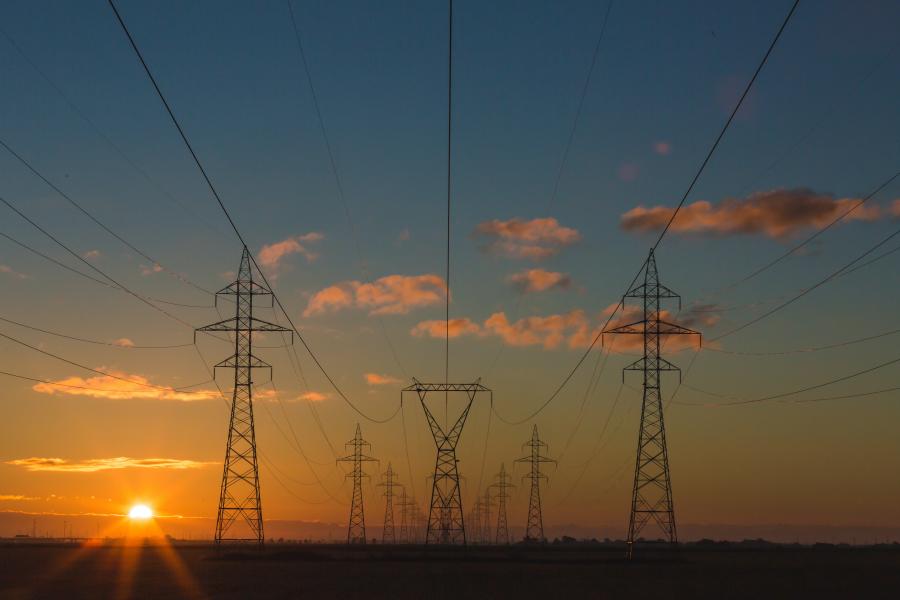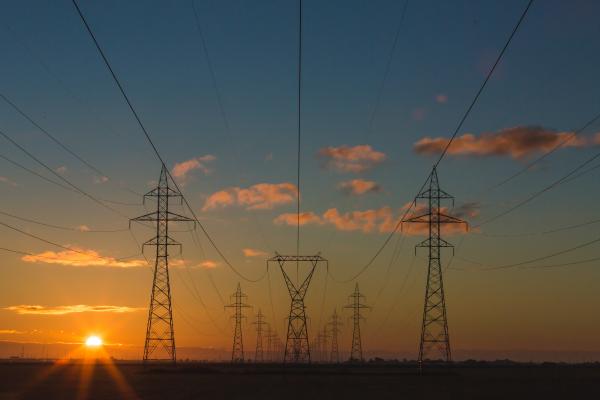Workshops: Renewal, Endurance and Care –– Spaces and Rhythms of Urban Industrial Entanglement
Workshops: Renewal, Endurance and Care –– Spaces and Rhythms of Urban Industrial Entanglement
Keynotes are open to all. Please note that the number of participants to the Workshops will be limited. Please register via info@cityindustries.org - both ZOOM-Link and readings will be sent out before the event.
Contemporary cities are related to industries in a variety of ways and on multiple scales: ports or other industrial cities have grown into powerful economic hubs and spaces of urban diversity as a result of industrialization and mass production; “global cities” (Sassen) have been shaped by the flows of finance and information and marked by extreme social differences and gentrification; satellite cities host nuclear power plants and peripheral towns are exploited as sites for resource extraction; or shrinking and impoverished cities are caught in processes of deindustrialization and labor force emigration. Industries are equally being shaped and challenged by urban developments: they have to adapt to policies and regulations, for instance, negotiate their location within a given city’s territories, or redefine their economic aims or change working conditions due to protests and changing public expectations. The relations between cities and industries are neither linear nor unidirectional.
Obviously, such urban industrial intersections and interactions are not only visible within the cityscapes themselves, as in the form of ruins, wastelands, buildings, infrastructures or other architectural forms. They also can be experienced as specific modes of temporality and atmosphere through the rhythms of the urban everyday which correlates with industrial production routines; as feelings of acceleration or “being stuck” in times of industrial prosperity or stagnation respectively; through the smell and smoke invading peoples’ bodies; or through frustrations and hopes when faced with abandoned sites or the unexpected reappropriation of territories and buildings.
This conference investigates urban industrial entanglements as sites of endurance, renewal and change. Instead of thinking in dual categories such as industrial/postindustrial cities, new/old industries, modern/neoliberal subjectivities, and different modes of production, we aim to highlight multiple continuities, transformations, and innovations. We propose to investigate those entanglements as situated relational spaces. They are dynamic and controversial (constantly renegotiated and redesigned by a variety of actors), and at the same time sedimented in and from specific cultural and historical contexts. They are able to generate material worlds of some stability, as well as socialities and subjectivties. We invite contributions from researchers in the social sciences and humanities to explore the potentials of comparative analyses of urban industrial entanglements and their environmental and social effects. Topics of interest include but are not limited to temporalities, materialities, affects, and methods.
Temporalities. Relations between cities and industries are shaped by multiple temporalities. From “time to market,” which urges for efficiency in industrial production, to the “high pace of capital” and the “slow time” of democratic decision-making, to changing rhythms of urban life following (de-)industrialization or in resistance to planned innovations. At the same time, cities and industries rest on visions and aspirations for the future and share a long history of modernization, maintenance and decay. How may we grasp the dialectics of these temporalities, such as the effects of a simultaneous urge for growth and innovation and the will to preserve things as they are? Such temporalities do not only exist simultaneously and generate effects. Do these different temporalities and rhythms co-exist at the same time, and through which temporal practices and networks of actors are they maintained?
Materialities. Urban industrial entanglements can take on a variety of socio-material forms which can be both innovative and enduring, inclusive and exclusive. Fenced territories or contaminated voids, for instance, can prevent access to certain urban spaces, but they can also slow down processes of privatization or reappropriation. They can serve as free spaces for some people and at the same time keep away other groups of actors. We would like to trace these material simultaneities of inclusion and exclusion as well as their endurance and change in order to investigate what unexpected and new urban worlds they produce. Which kind of subjects emerge through the historical relations with these materialities?
Affects. Cities are atmospheric spaces and industries, too, have a history related to aspirations and moral values such as technological progress or solidarity. As William Mazzarella states, “transformative projects must be affective in order to be effective.” (2009:299). We would like to investigate the affective dimensions of urban industrial entanglements, such as the longing for the new, a nostalgia for the past, or care for the present. How do these affective forms play out in certain contexts and situations, and how do these affective effects enable alliances and collectivities in any given citizenry?
Methods. How do we study relations between cities and industries ethnographically without relying on simplifying dual conceptions? How can we grasp and connect the different scales and scopes of such relations? What broader developments can a comparative approach unearth? And can we complement the ethnographic toolbox with innovative research methods to better grasp the current relations between cities and industries?
Thursday, 18.03.2021, 4-7 p.m.
4-6 p.m.: Keynote and online-dialogue
Andrea Muehlebach (Toronto): Finance's Infrastructures: Water, Time, Debt.
6-7 p.m. Internal network meeting
Friday, 19.03.2021, 10 a.m.-1 p.m. (De)Industrialisation as Re-scaling (Convenor: Siarhei Liubimau)
Siarhei Liubimau (Vilnius): Post-Soviet 'Nuclear' Towns After the Nuclear Power: a Critique of Post-industrialism as Critique of Urban/Non-urban Divide
Jens Adam (Bremen)/Natalia Mysiak (Lviv): On Ruination and City Making: Re-assembling the Urban Contemporary in Post-Industrial Lviv
Kacper Pobłocki (Warsaw): Under-urbanisation Revisited? Scale and the Place of the Global East in Planetary Urbanisation
Final discussion
Thursday, 17.06.2021, 4-6 p.m.
4-6 p.m.: Keynote and online-dialogue
Timothy Moss (Berlin): The Material Politics of Urban Infrastructure in Historical Perspective: Berlin 1920-2020
Friday, 18.06.2021, 10 a.m.-3 p.m. Materialities Matter: The Tangible of Cities and Industries (Convenor: Katja Müller)
10 a.m.-1 p.m.:
Maja Petrovic-Steger (Ljubljana): 'RIparian Infrastructure': The Meaning of Social Responsibility and Care in a Danubian City
Cécile Cuny (Paris): Logistics zones’ materiality under the photographic lenses
Katja Müller (Halle): To see and not to see: Coal mining industry’s infrastructure in and beyond the city
1-2 p.m. Lunch break
2-3 p.m. Internal network meeting & workshop
Thursday, 23.09.2021, 4-6 p.m.
4-6 p.m.: Keynote and Online Dialogue
AbdouMaliq T. Simone (Sheffield): Dirty Computing: Urban Production at the End of the Line
Friday, 24.09.2021, 10 a.m.-1 p.m. (CET) Emergent Urban Futures: Exploring the Postindustrial City (Convenor: Felix Ringel)
10 a.m.-1 p.m.:
Samantha Fox (New York): The Socialist Bratwurst: East German Urbanism and its Reemergence in the Present
Gillian Evans (Manchester): Temporality and Postindustrial Urban Politics of 'Left-Behind Places' in 21st Century England
Seth Schindler (Oxford): Pathways to Deindustrialisation: Policies, Patterns and Impacts across Cities of the Global South


